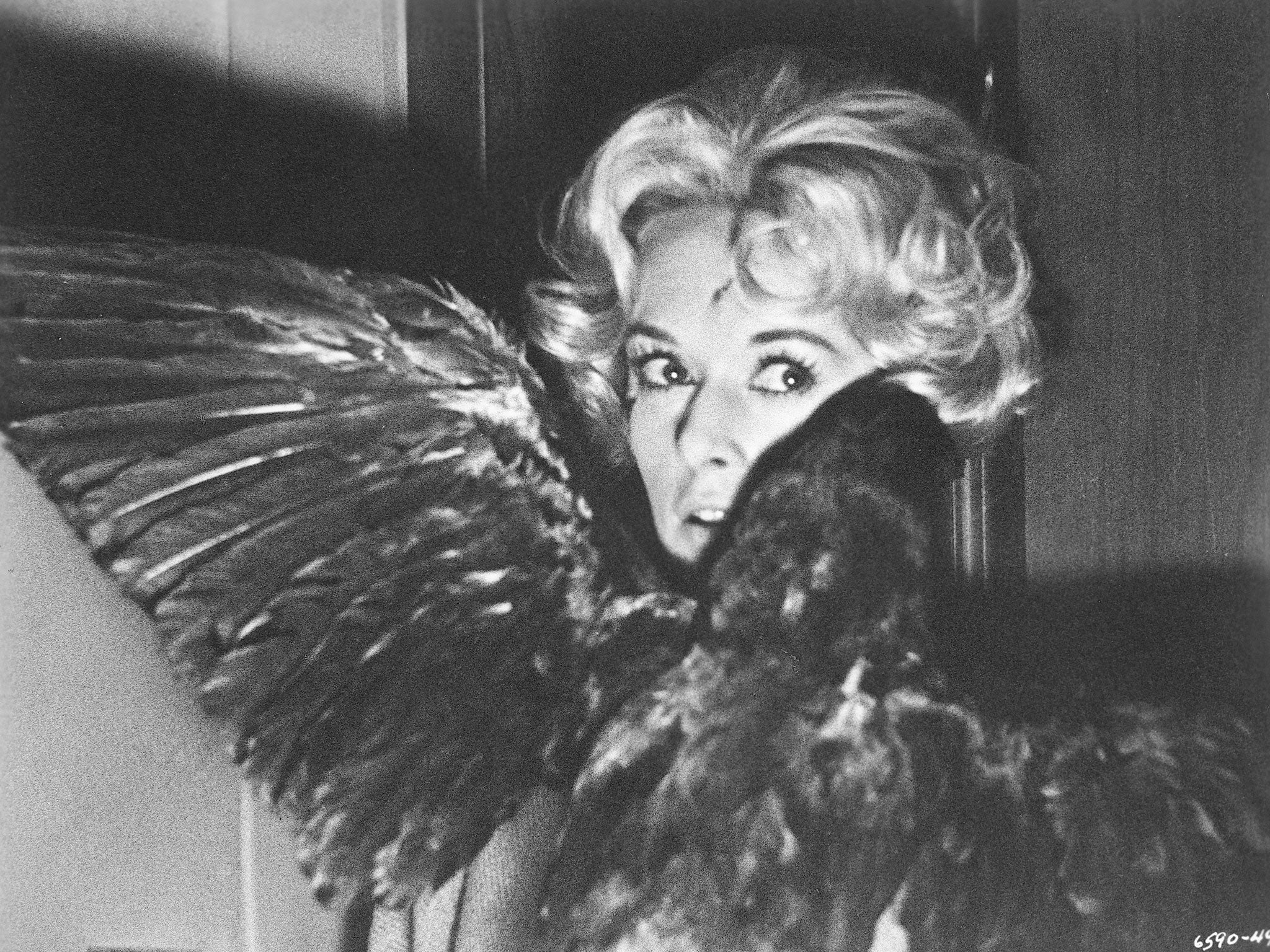Halloween books: Ghouls, ghosts and other fright-night favourites
From John Connolly's Night Music: Nocturnes Volume 2 to Henry James' The Turn of the Screw

Your support helps us to tell the story
From reproductive rights to climate change to Big Tech, The Independent is on the ground when the story is developing. Whether it's investigating the financials of Elon Musk's pro-Trump PAC or producing our latest documentary, 'The A Word', which shines a light on the American women fighting for reproductive rights, we know how important it is to parse out the facts from the messaging.
At such a critical moment in US history, we need reporters on the ground. Your donation allows us to keep sending journalists to speak to both sides of the story.
The Independent is trusted by Americans across the entire political spectrum. And unlike many other quality news outlets, we choose not to lock Americans out of our reporting and analysis with paywalls. We believe quality journalism should be available to everyone, paid for by those who can afford it.
Your support makes all the difference.If you're an aficionado of the macabre, you have an enthusiasm that it's not always sensible to advertise. Politicians – on both left and the right – know that to commandeer column inches in newspapers, it's a good wheeze to mount an attack on horror films and the moral turpitude of those who make and view them. Fortunately for those of us with such reprehensible tastes, books are largely exempt from this execration and there has been a host of flesh-creeping writers – from Poe onwards – more than happy to slake our sanguinary thirsts, a tradition still in rude health today.
Take, for instance, John Connolly, whose Night Music: Nocturnes Volume 2 (Hodder, £14.99) is the perfect reading material for a chilly winter night: journeys into the uncanny which banish cliché as thoroughly as they do the prospect of untroubled sleep. Connolly's admirers can relish unsettling tales involving everything from something nasty in the woods demanding a sacrifice from unlucky bootleggers to a couple so deeply in love that even death can't separate them.
Susan Hill may be a purveyor of solid police procedurals, though she is one among many in the crime genre. Ah, but her alter ego, the creator of period-set ghost stories! In that area, she is incontrovertibly, unarguably the best in the field – as is proved by a new volume of her collected eerie tales: The Woman in Black and Other Ghost Stories (Profile, £12.99). The various stage, screen and TV incarnations of the title piece have proved it to be the most durable of modern ghastly tales, and no other modern author has wedded the classic occultery of the Master, M R James (the gold standard for the genre), to a subtle contemporary consciousness; the only disappointment here is the uninspiring "Printer's Devil Court".
Kim Newman has made a speciality of refracting the work of other writers through his own idiosyncratic storytelling – which is always genre literate. Having reinvigorated the tropes of Bram Stoker and Conan Doyle, The Secrets of Drearcliff School (Titan, £7.99) turns to the unlikely territory of the Malory Towers-style girls' boarding school, but seen through a grotesque prism. The eponymous institution may look like an ordinary school, but its pupils are supernaturally gifted. However, this is more Marvel's X-Mansion than Hogwarts.
Ramsey Campbell's Thirteen Days by Sunset Beach (PS Publishing, £20), in which a family holiday in Greece turns nightmarish, is a reminder that Campbell deserves his title as one of the most accomplished of all UK supernatural writers. He is also to be found in the collection Horrorology: The Lexicon of Fear (Jo Fletcher Books, £25), edited by top anthologist Stephen Jones, which assembles a dozen bone-chilling tales by modern masters.
However, Halloween is not just a time for contemporary supernaturalism. What about the books that have inspired the authors listed above? Such as the matchless The Haunting of Hill House by Shirley Jackson (Penguin, £9.99), which adds layers of psychological depth to its frissons; or Daphne du Maurier collections Don't Look Now and The Birds (Virago, £14.99 each)? The title story of the latter is a reminder that du Maurier's avian attacks – contrary to received opinion – are every bit as apocalyptic as in Alfred Hitchcock's film version.
Finally, it may take a modern reader to discern the repressed sexual hysteria of the governess in The Turn of the Screw by Henry James (OUP, £9.99), but the debauched (and dead) lovers who haunt her, Quint and Miss Jessel, are still two of the most memorable ghosts in fiction.
Join our commenting forum
Join thought-provoking conversations, follow other Independent readers and see their replies
Comments